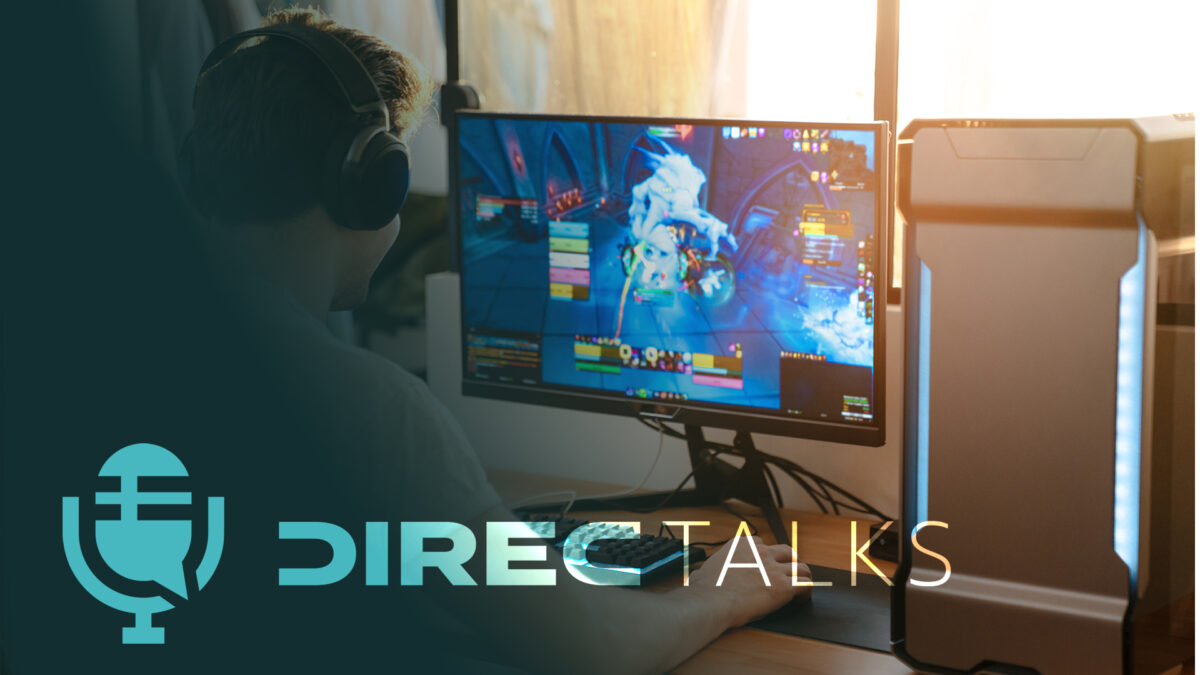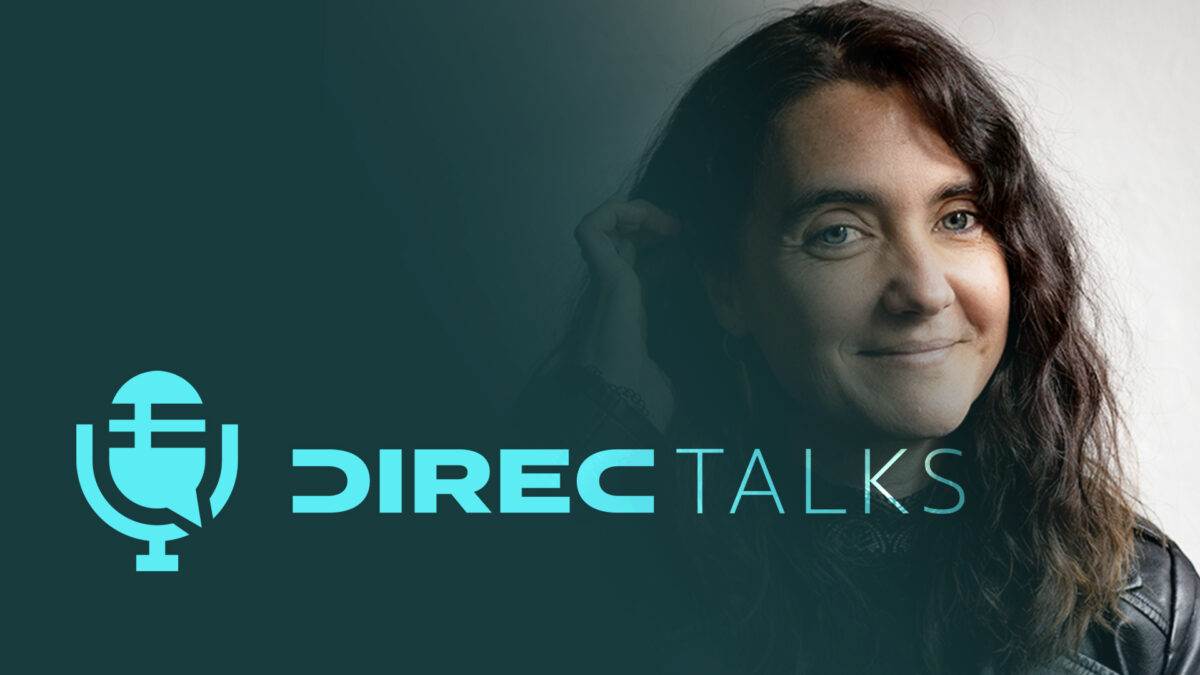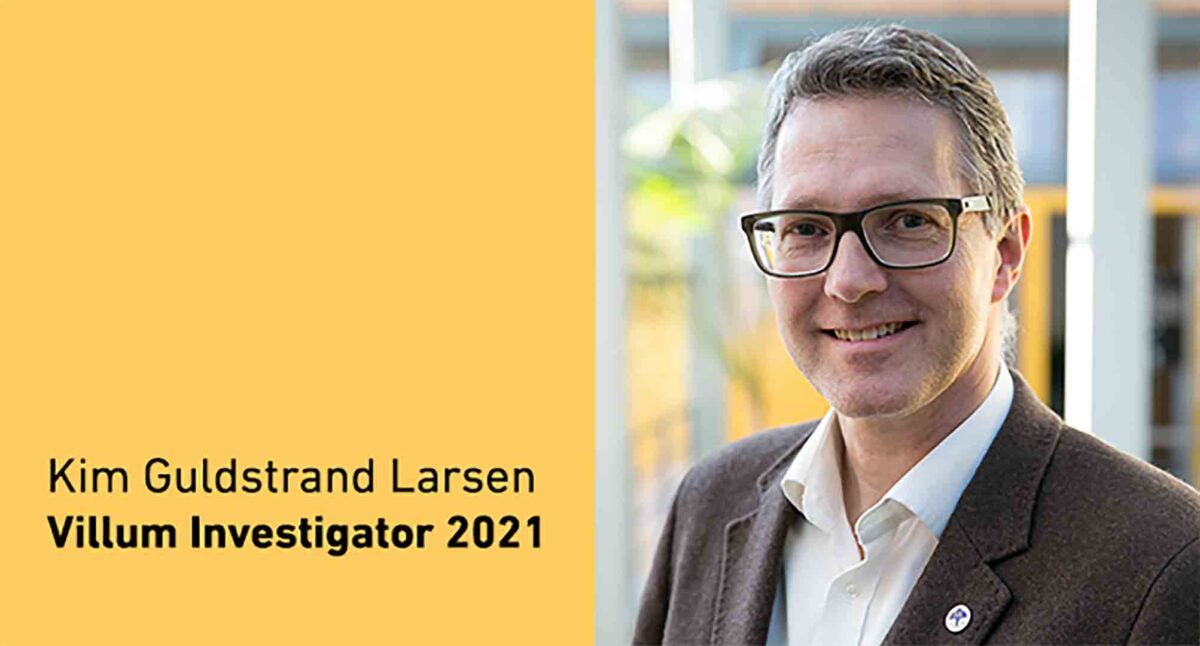
Changing the Game: How Data Science has Transformed the Games Industry
The interactive entertainment industry has grown dramatically in the past decade and is recently projected to reach 230 billion USD in global yearly revenue, making it one of the super-heavyweight sectors in entertainment. Estimates place the number of people worldwide who currently play computer games at over 4 billion.
Tracking detailed interaction behaviour from this number of people results in truly massive datasets. With the rapid growth and innovation in the sector, data has come to the forefront as a means for informing decision making. This has in turn spurred the evolution of the domain of Game Data Science – a cross-disciplinary area that merges perspectives from multiple academic domains to help the Creative Industries make sense – and use – of the rapidly growing data space. Given the constant changes in games, the people who play them and the communities that support them, data from games tend to be volatile, requiring that they be acted on rapidly.
In addition to supporting the industry, the data from video games and gamified applications has permitted Game Data Science to target a broad variety of research questions, from exploring human behaviour to developing new algorithms for real-time analytics, as well as exploring mental health and global cultural shifts.
Game Data Science has had a direct impact on the interactive entertainment industry within the past few years, as the practice of tracking and analysing the behaviour of players and processes has emerged as a key component of game development in this age of mobile platforms, increased game persistence and non-retail-based revenue models.
In this DIREC Talk, Anders Drachen will dive into Game Data Science, explaining what makes games unique and the changes in the industry that build them. A central focus of the presentation will be the user, the player, who is alfa and omega for the success of games, whether they are intended for entertainment or educational purposes.
Drachen will also cover:
- the brief but turbulent history of data science applied in games.
- the current state of the art in the sector.
- the fundamental approaches toward problem-solving and the knowledge discovery process inherent in the domain.
- examples of how Game Data Science operates in practice. The Innovate UK Demonstrator Project Weavr will be presented, which has delivered ground-breaking new data-driven visualisations to esports stakeholders.
Key takeaways from this DIREC Talk
- An overview of the role of data science in the games industry
- Some of the cross-disciplinary challenges and opportunities that have emerged in this fast-evolving area
Anders Drachen
PROFESSOR,
MAERSK MCKINNEY-MOELLER INSTITUTE
UNIVERSITY OF SOUTHERN DENMARK
Anders Drachen
Anders Drachen, PhD, (born 1976) is Professor and Head of the Game Development and Learning Technologies Unit at the Maersk McKinney-Moeller Institute, University of Southern Denmark, as well as Lead Analyst for Weavr, which is building new data-driven audience experiences across esports and sports and Co-Director for the Arena Research Cluster, an international research network focused on innovation in esports and sports. He is also affiliated with various universities, committees, and networks, e.g. the Digital Creativity Labs (former co-director), a UK Digital Economy Hub and World Centre for Excellence, which connects 100+ partners in delivering impact-driven research in games, interactive media and the rich space in which they converge at the University of York (UK), the Turing Institute data visualisation SIG, the IGGI Centre for Doctoral Training, and is adjunct faculty at the University of Ontario Institute of Technology.
He is recognized as one of the world’s most influential people in business intelligence in the Creative Industries, and a core innovator in the domain with 170+ publications across game analytics and games user research. His work has assisted major international game publishers, as well as SMEs, make better decisions based on their data, and led to the introduction of new value-generating practices across more than a dozen major game companies. As an interdisciplinary, veteran data scientist, his work has reached across user behaviour, user experience, business intelligence, big data, machine learning, information systems, human-computer interaction, digital business transformation, data visualisation, audience interaction, design, psychology, health, supply chains and blockchain.
He is editor/author of three field-defining books in the Creative Industries domain: Game Analytics – Maximizing the Value of Player Data, which has seen over 200,000 downloads, Games User Research, a standard work of reference in the games industry, and Game Data Science.
His research has been covered by international print and online media worldwide. Major national print and online news outlets such as Wired, New York Post and Forbes have covered his research which has attained global attention on multiple occasions. His research work has received five best paper awards and two honourable mentions at major conferences including the Eleventh Annual AAAI Conference on Artificial Intelligence and Interactive Digital Entertainment (AIIDE) in 2015 and the ACM CHI Conference on Human Factors in Computing Systems in 2019.
He was part of the team behind the International Game Development Association’s Special Interest Group on Games Research and User Experience, which today counts over 3100 members worldwide. He is a member of the board of the International Game Development Association’s Special Interest Group on Game Analytics. He is a member of Turing Institute Special Interest Group on Data Visualisation and the Council of Professors and Heads of Computing in the United Kingdom. He is a member of multiple other international special interest groups and committees.
He has organized several international conferences and workshops and served on dozens of conference committees. He collaborates with international networks of colleagues in academia and industry and works with students worldwide on research projects. He is a strong proponent of work-integrated learning and an active partner for the Creative Industries in matchmaking students for internships and careers.
Having lived and worked on four different continents, Anders Drachen has had the mixed pleasure of fending off three shark attacks in Africa and Australia. He is also the youngest Dane in history to publish a cooking book – dedicated to ice cream. In his spare time, he writes books for children about technology and economics (www.aequipectenpublishing.com).






